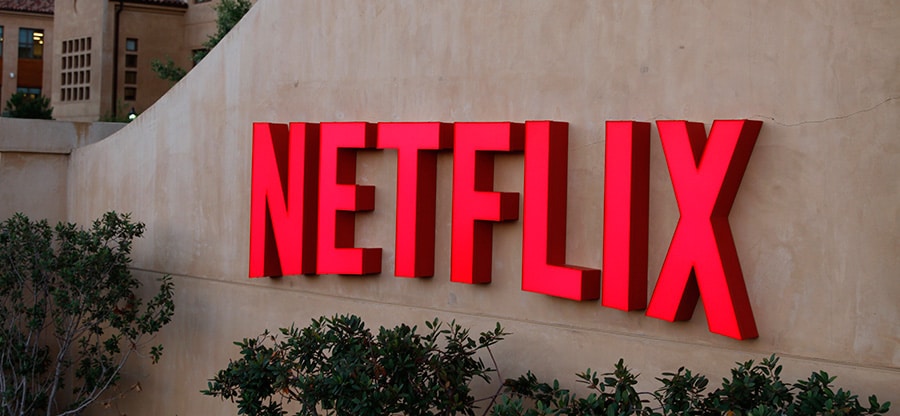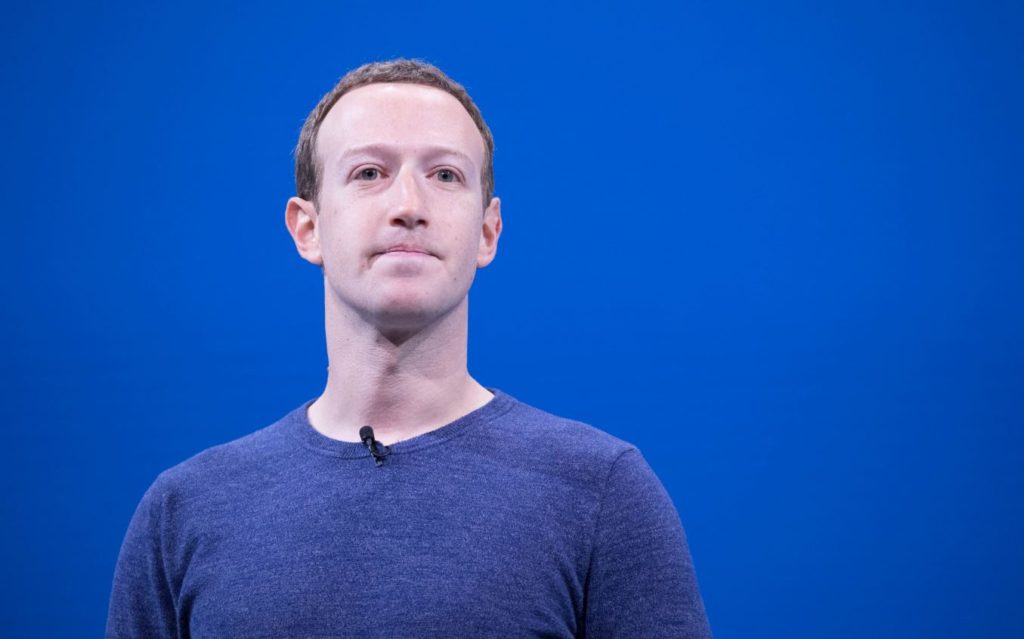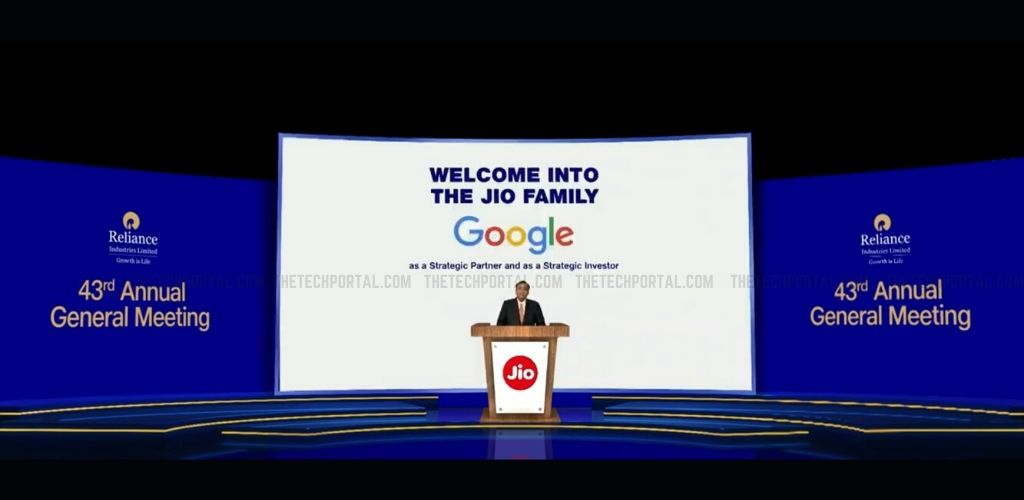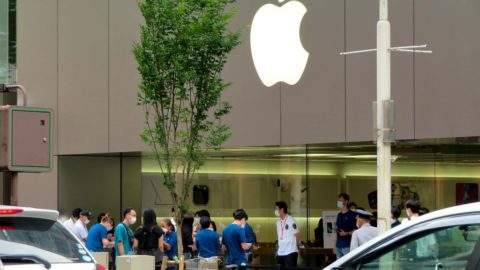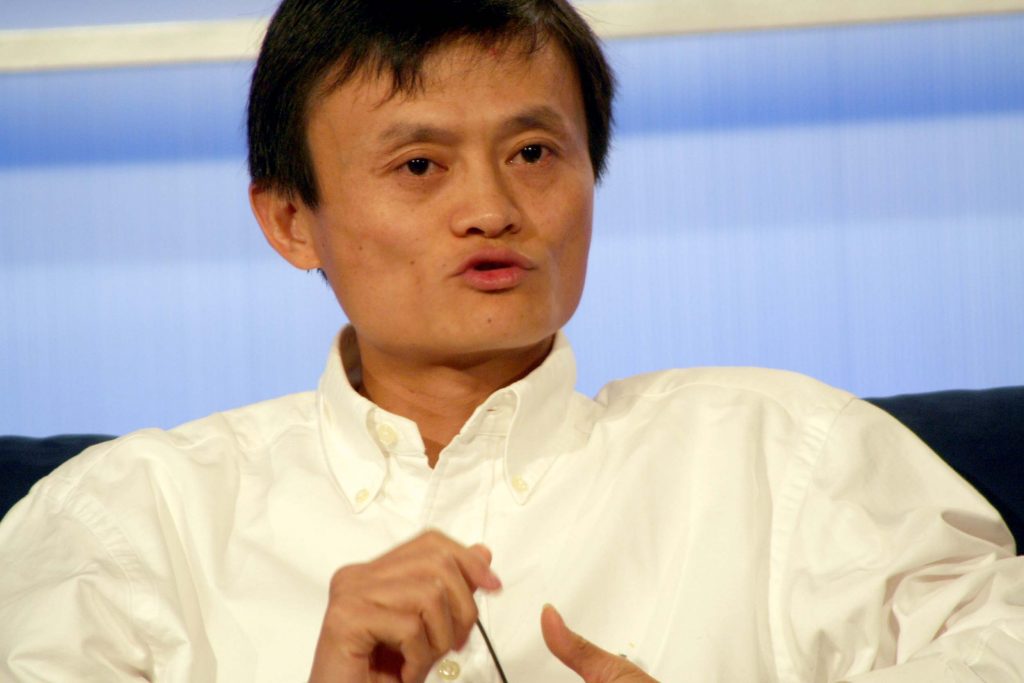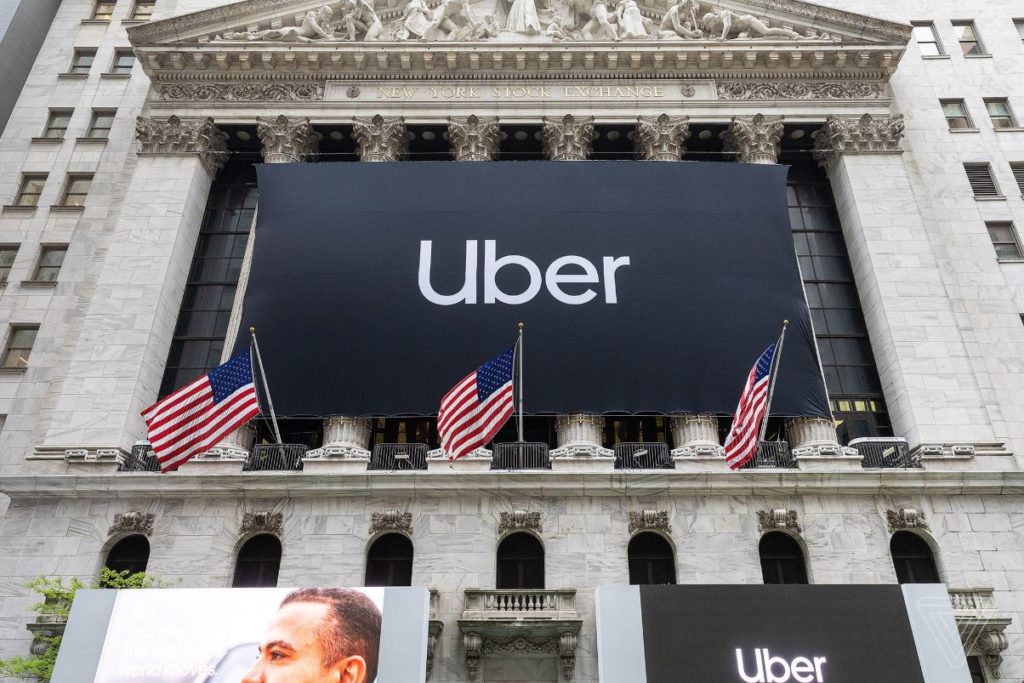 TheTechMedia.com/wp-content/uploads/2019/05/uber-ipo-debut-nyse-tech-portal-300×200.jpg 300w, https://TheTechMedia.com/wp-content/uploads/2019/05/uber-ipo-debut-nyse-tech-portal-768×512.jpg 768w, https://TheTechMedia.com/wp-content/uploads/2019/05/uber-ipo-debut-nyse-tech-portal-414×276.jpg 414w, https://TheTechMedia.com/wp-content/uploads/2019/05/uber-ipo-debut-nyse-tech-portal-470×313.jpg 470w, https://TheTechMedia.com/wp-content/uploads/2019/05/uber-ipo-debut-nyse-tech-portal-640×426.jpg 640w, https://TheTechMedia.com/wp-content/uploads/2019/05/uber-ipo-debut-nyse-tech-portal-130×86.jpg 130w, https://TheTechMedia.com/wp-content/uploads/2019/05/uber-ipo-debut-nyse-tech-portal-187×124.jpg 187w, https://TheTechMedia.com/wp-content/uploads/2019/05/uber-ipo-debut-nyse-tech-portal-990×660.jpg 990w, https://TheTechMedia.com/wp-content/uploads/2019/05/uber-ipo-debut-nyse-tech-portal.jpg 1204w” sizes=”(max-width: 1024px) 100vw, 1024px”>
TheTechMedia.com/wp-content/uploads/2019/05/uber-ipo-debut-nyse-tech-portal-300×200.jpg 300w, https://TheTechMedia.com/wp-content/uploads/2019/05/uber-ipo-debut-nyse-tech-portal-768×512.jpg 768w, https://TheTechMedia.com/wp-content/uploads/2019/05/uber-ipo-debut-nyse-tech-portal-414×276.jpg 414w, https://TheTechMedia.com/wp-content/uploads/2019/05/uber-ipo-debut-nyse-tech-portal-470×313.jpg 470w, https://TheTechMedia.com/wp-content/uploads/2019/05/uber-ipo-debut-nyse-tech-portal-640×426.jpg 640w, https://TheTechMedia.com/wp-content/uploads/2019/05/uber-ipo-debut-nyse-tech-portal-130×86.jpg 130w, https://TheTechMedia.com/wp-content/uploads/2019/05/uber-ipo-debut-nyse-tech-portal-187×124.jpg 187w, https://TheTechMedia.com/wp-content/uploads/2019/05/uber-ipo-debut-nyse-tech-portal-990×660.jpg 990w, https://TheTechMedia.com/wp-content/uploads/2019/05/uber-ipo-debut-nyse-tech-portal.jpg 1204w” sizes=”(max-width: 1024px) 100vw, 1024px”>California, one of the largest markets for food delivery and ride-hailing apps, has reportedly come out in support of the new Proposition 22 that identifies app-based drivers as independent contractors and not employees. Edison Research, a data provider, has projected that voters in California have given clear majority support to the proposal put forth by Uber, Lyft and allies.
Earlier, California had introduced a new law that required food delivery and ride-hailing companies to classify their drivers as employees and pay benefits including minimum wage, unemployment insurance, health care and workers’ compensation. The law drew opposition from the ride-hailing companies like Uber and Lyft, who argued that the law did not apply to them because they are a technology companies and they do not decide how their drivers work.
Ride-hailing and food delivery companies formed an alliance to respond to the law with Proposition 22 and even threatened to leave California, fire 80% of drivers and double the prices if they are forced to comply with the new law. The companies say that the new proposal provides flexibility to the new generation of workers who can choose how and when do they want to work.
According to a calculations made by Reuters, companies like Uber and Lyft will have to shed $392 million each if they agree to employee-related costs. To avoid the hassle of paying this amount, companies including Uber, Lyft, DoorDash, Instacart and Postmates chipped in more than $205 million into the campaign against the Californian law.
These ride-hailing and delivery giants even challenged the law in the court, only to return back empty-handed. The judges in the court ruled against all the appeals made by the companies. However, Proposition 22 comes as a sigh of relief for them to overcome the Californian law.
Some drivers too have come out in support of Proposition 22. That is because the proposal classifies them as contractors and gives them much better benefits than what they will receive through the new state law. Jan Krueger, 62, who drives part-time for Lyft said, “I’m so, so happy. I know it’s right for the drivers, and I know it’s right for the people who use the services.”
But there is also the other side of the coin that is opposing the proposal. Christine Tringali, a Los Angeles Uber driver says that the measures taken by the companies are shameful. Tringali said, “How can someone fight so hard to avoid paying people a living wage and giving them job security?”

